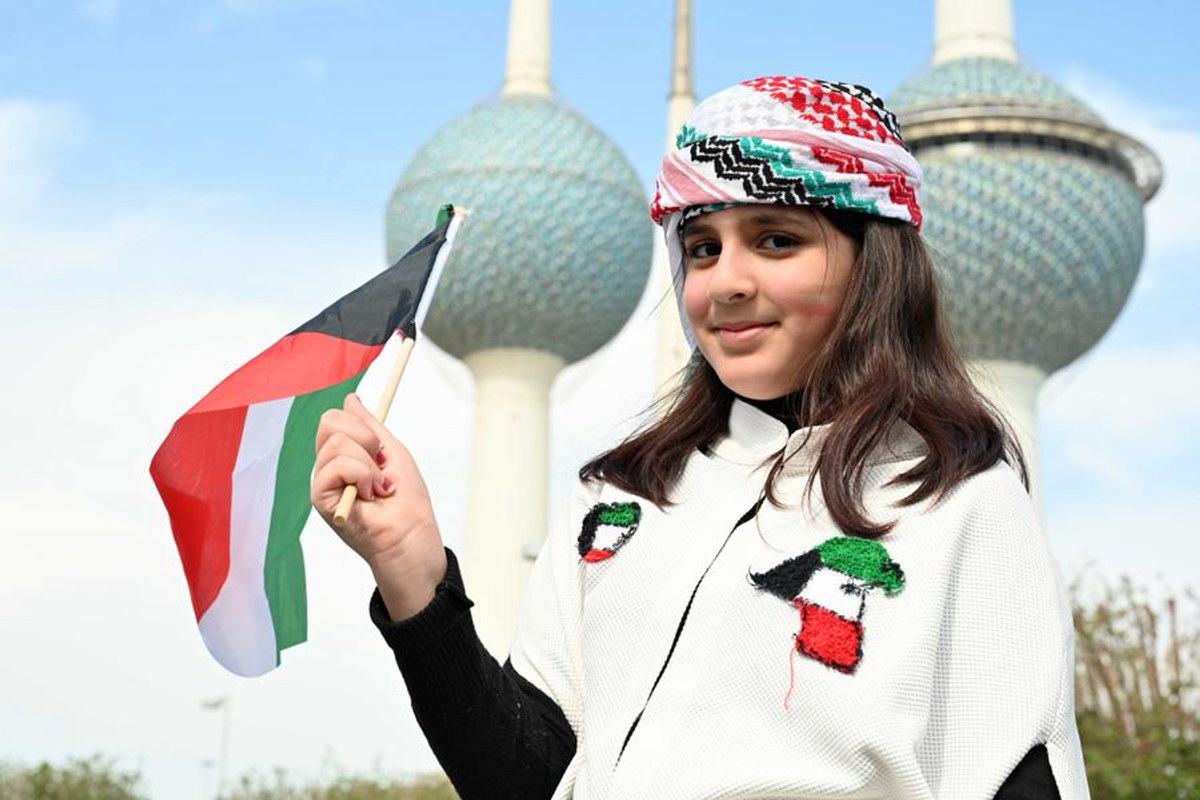Wednesday 25 February National Day in Kuwait
Kuwait was first established as a small fishing village during the seventeenth century. At the end of the eighteenth century, Kuwait’s strategic position enabled it to flourish and become a key trading post and boat building centre in the region.
In 1756, the Al-Sabah family became the rulers of Kuwait, starting the dynasty that continues to this day.
In 1899, rather than face direct rule from the Ottoman Empire, Sheikh Mubarak ‘the Great’ agreed that Kuwait would become a British Protectorate, with Britain providing naval protection in return for Kuwait allowing Britain to control its foreign affairs.
on June 19th 1961, Kuwait became independent with the end of the British protectorate and the Sheikh Abdullah Al-Salim Al-Sabah became an Emir.
Normally most countries celebrate their national day on the same date they gained independence. In Kuwait, this would have meant National Day would be on June 19th, marking the date of independence in 1961.
In fact, the first National Day holiday actually took place on this date in 1962. However, it was felt that the holiday should be moved due to the extreme heat in June, and so from 1963, the National Day was moved to February 25th, marking the date that the Sheikh who was in power at the time of independence, Sheikh Abdullah Al-Salem Al-Sabah came to power in 1950.
